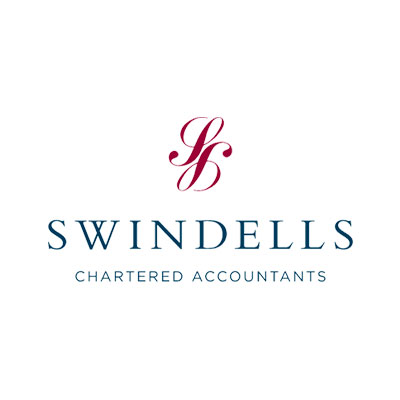Basic Period Reform
At our Wednesday, Helen Macauley introduced us to Basic Period Reform, about tax year alignment for self-employed business owners and partnerships and explained how these new rules will affect people whose year-end finishes other than between 31 March and 5 April.
BPR will only affect some self-employed individuals and partnerships. Companies are not affected.
Basic Period Reform Self-employed and Partnerships
Simply put, BPR means that all self-employed individuals and partnerships must report their business tax information on a tax year basis regardless of their accounting period.
For example, if your accounting year ends on 31 December, then for the 2022/23 tax year, you will have been taxed on your profits from 1 January 2022 – 31 December 2022. The BPR transitional rules mean that in the 2023/24 tax year, you will be taxed on profits for the period 1 January 2023- 5 April 2024.
Transition period – Basic Period Reform
There will be a transition period to the new basis of assessing profits. This means some taxpayers will report profits on their 2023/24 tax return for more than a 12-month period. Reporting profits for a longer period could result in additional tax to pay. This will automatically be paid over a five-year period. Losses will also be included. If you made a profit in the standard part (your usual year) and a loss in the transitional part, you can deduct that loss from the profit.
The tax will be calculated in two parts. The first will be for the standard part – the 12-month accounting period ending during the 2023/24 tax year. The second part will be for the transition part profit. This is the part that will be paid over five years.
The 2023/24 tax year will be the start of the transition period, where all affected businesses will have their taxable profits/losses adjusted to align them to the new tax year basis. This will be the case whether you prepare your accounts using a cash or accrual basis.
The Low Incomes Tax Reform Group has a guide and some examples.















